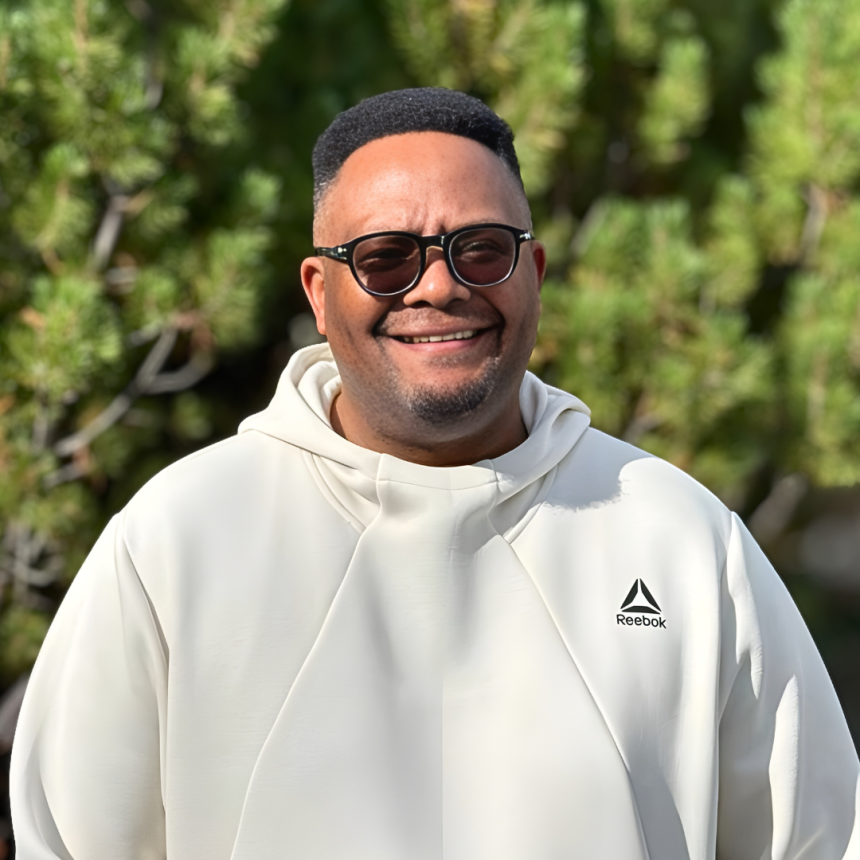By Brian Matambo – Lusaka, Zambia
When history is finally written about this turbulent period of Zambia’s democracy, Ambassador Emmanuel Mwamba’s name will stand out as one of the few who refused to bow to the weight of intimidation and political persecution. His Facebook post titled “Road to 2026 – My Reflections” reads like a man taking stock not of failure, but of survival, purpose, and faith in a nation that has tested him relentlessly.
After serving Zambia with distinction as a diplomat, banker, administrator, and political communicator, Mwamba could have chosen a quiet life. Instead, he came home from his diplomatic posting in 2021 determined to help rebuild the Patriotic Front, then reeling from electoral defeat. His appointment as the party’s Spokesperson and Member of the Central Committee reflected his stature and experience. Yet, in the new political order under President Hakainde Hichilema, Mwamba’s voice quickly became an irritant to those who prefer a chorus of praise singers to a marketplace of ideas.
Since 2021, his name has been dragged through the mud with arrests, smear campaigns, and repeated threats to his safety. He has faced fabricated charges, including sedition, assault, and misconduct, all clearly designed to silence his criticism of government excesses and his advocacy for press freedom and political pluralism. When those in power could not match his words with reason, they reached for the oldest tool of tyranny: fear.
By December 2024, the persecution had reached a crescendo. Mwamba says he left Zambia under grave threat to his life, narrowly escaping what he believes could have been a fatal setup. His time abroad in the United Kingdom and the United States offered him a window to reflect, but it did not erase the danger. Even now, as he contemplates returning home ahead of the 2026 general election, he knows the risks remain.
What makes Emmanuel Mwamba remarkable is not just his political defiance but his unwavering belief in Zambia’s potential for freedom, fairness, and dialogue. Through his podcasts and digital broadcasts, he has built a sanctuary for free thought, a place where issues of governance, accountability, and national unity are debated with courage. At a time when independent voices have been targeted, Mwamba has used these platforms to nurture civic consciousness and keep public debate alive.
His story mirrors a much larger problem. Zambia, once a beacon of democratic reform in southern Africa, now teeters on the edge of intolerance. Journalists are harassed, opposition leaders jailed, and critics intimidated. State institutions that should protect citizens have been reduced to tools for political vengeance. The nation risks losing the essence of its democracy, the ability to disagree without being destroyed.
Yet Mwamba’s reflections remind us that hope still exists. He speaks not as a broken man but as one who still believes in the soil of this nation, that it can nourish new leaders who will restore tolerance, human dignity, and freedom of association. His words are not those of retreat, but of faith that truth, like the soil he so poetically describes, will one day give rise to flowers that bloom for all.
As Zambia heads toward 2026, the question is not whether Emmanuel Mwamba will return, but whether the Zambia he loves will still be a country that allows its sons and daughters to speak, to dream, and to dissent without fear.
If democracy is the conversation of the nation, then silencing men like Emmanuel Mwamba is not victory. It is the slow death of that conversation itself.



Leave a Reply